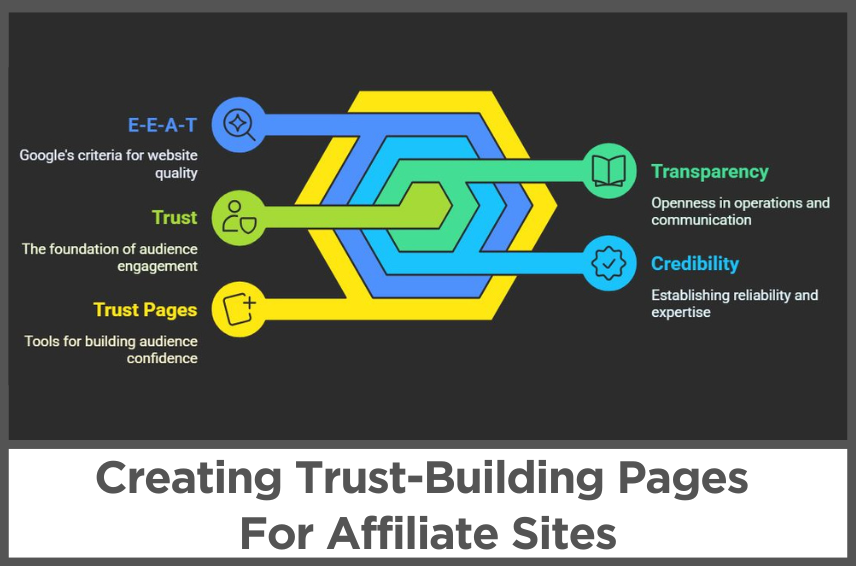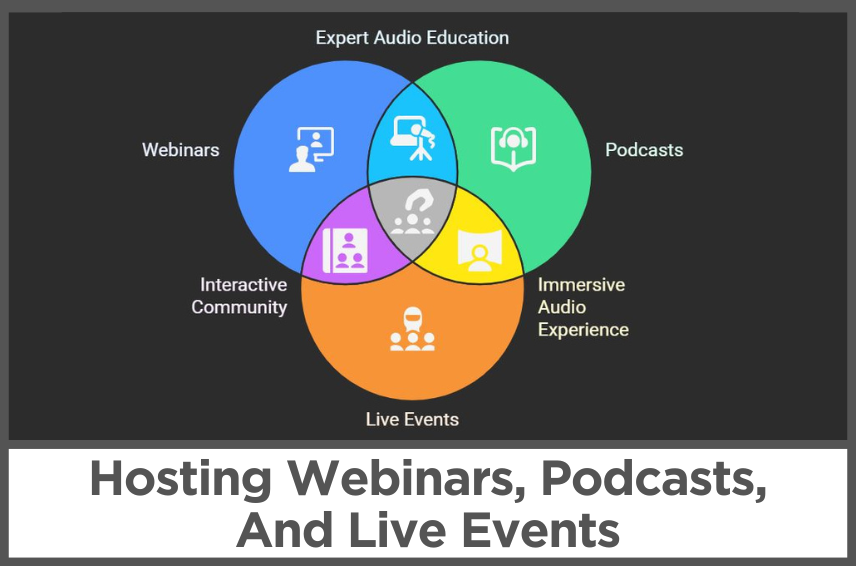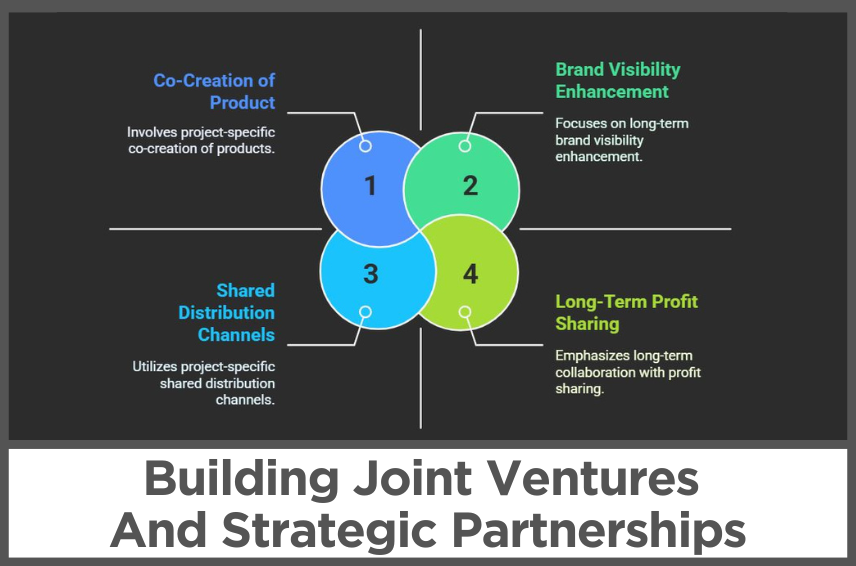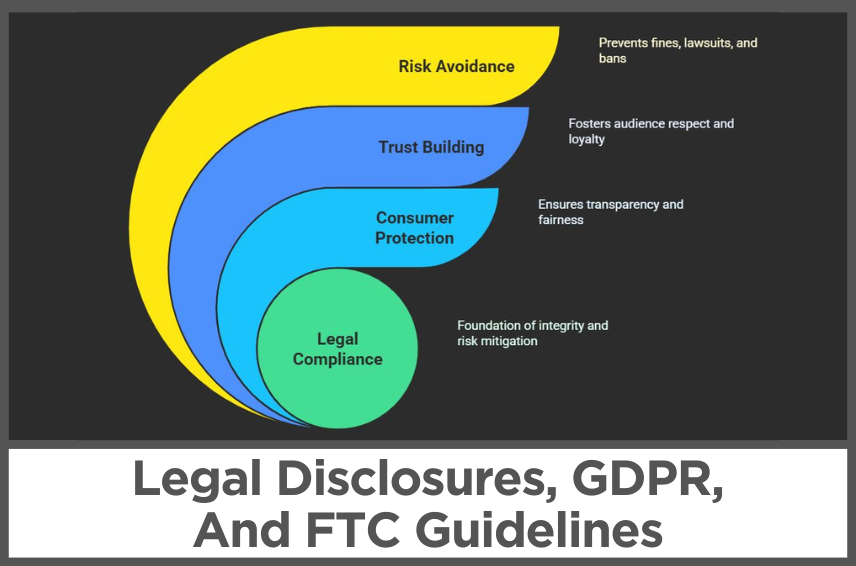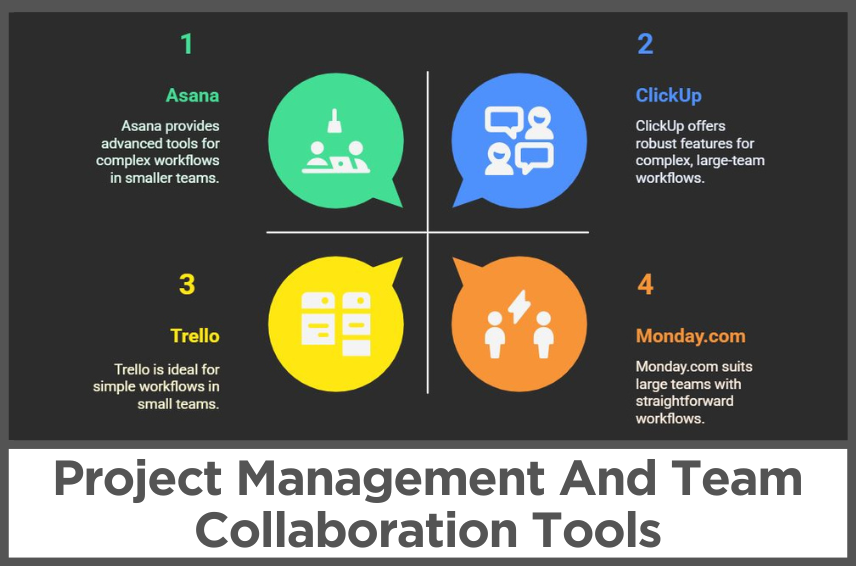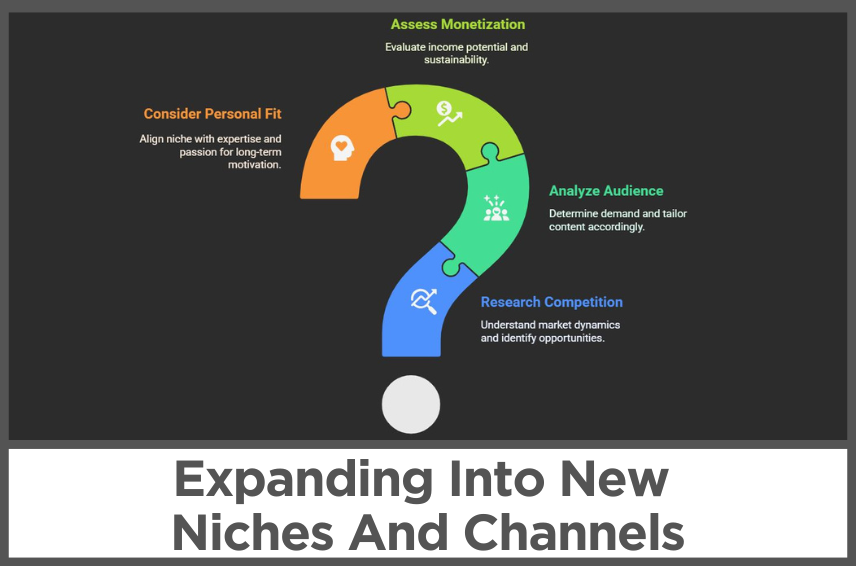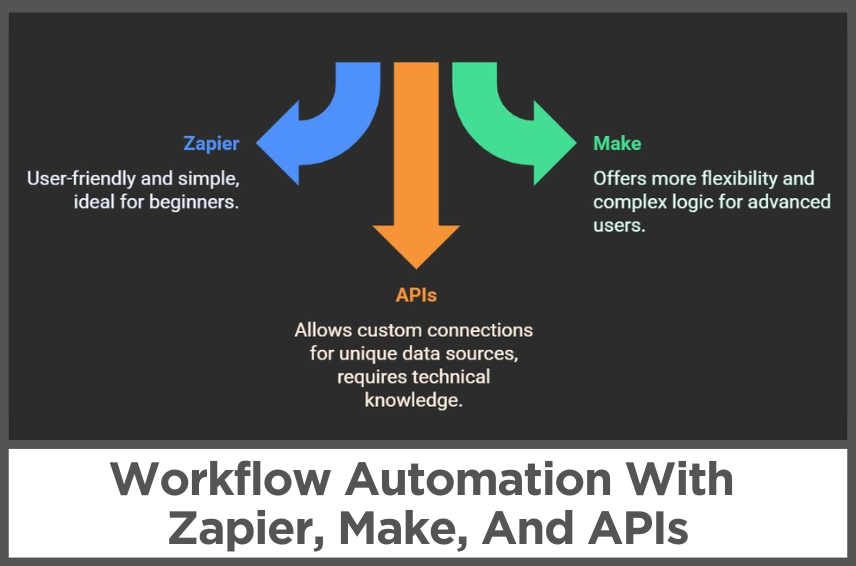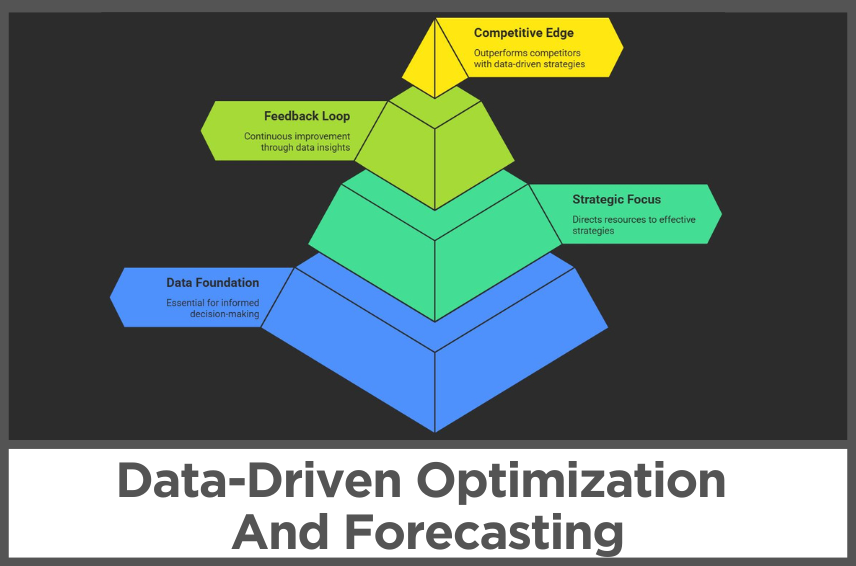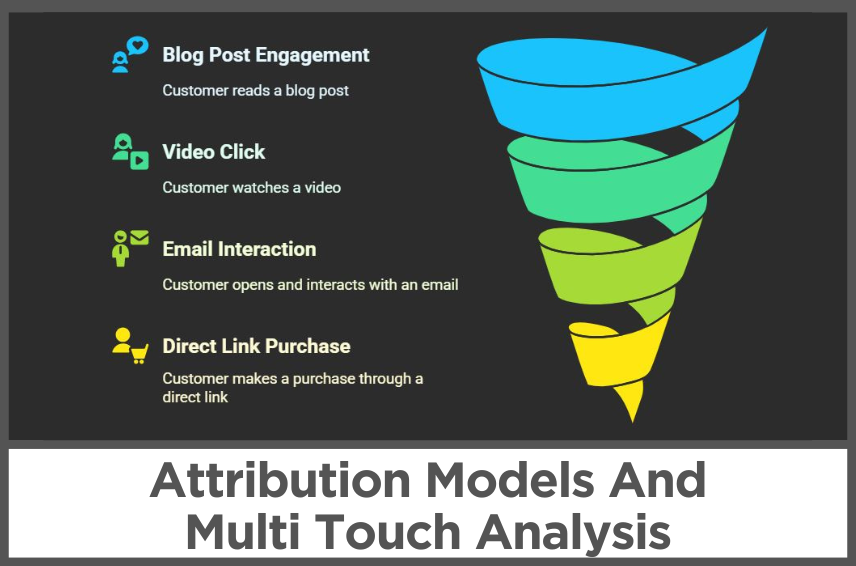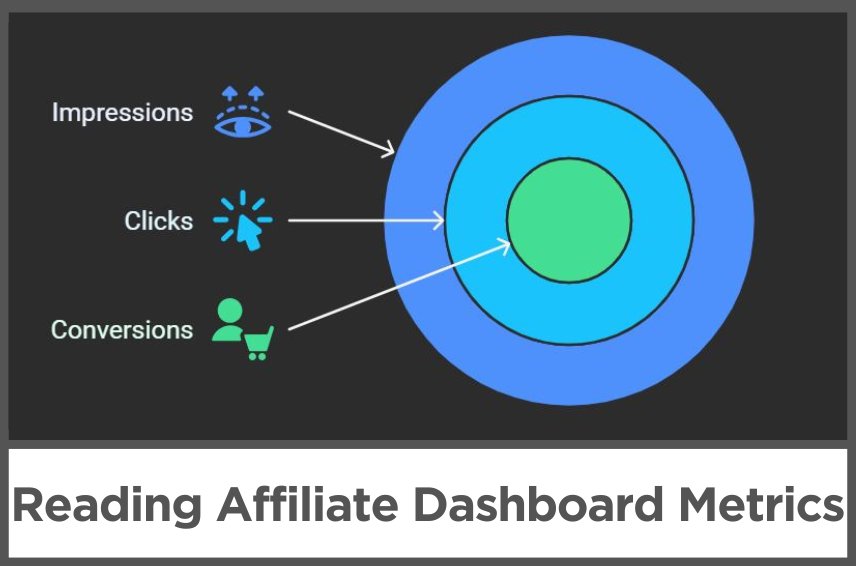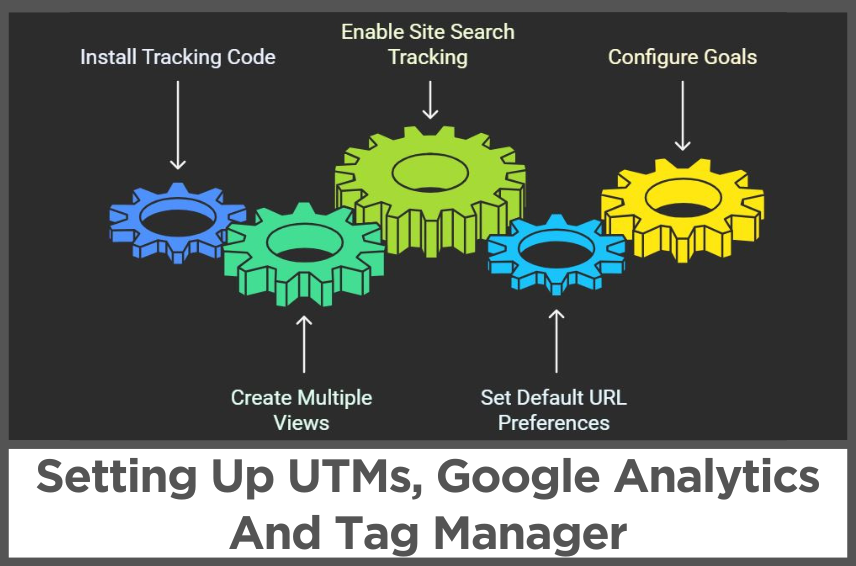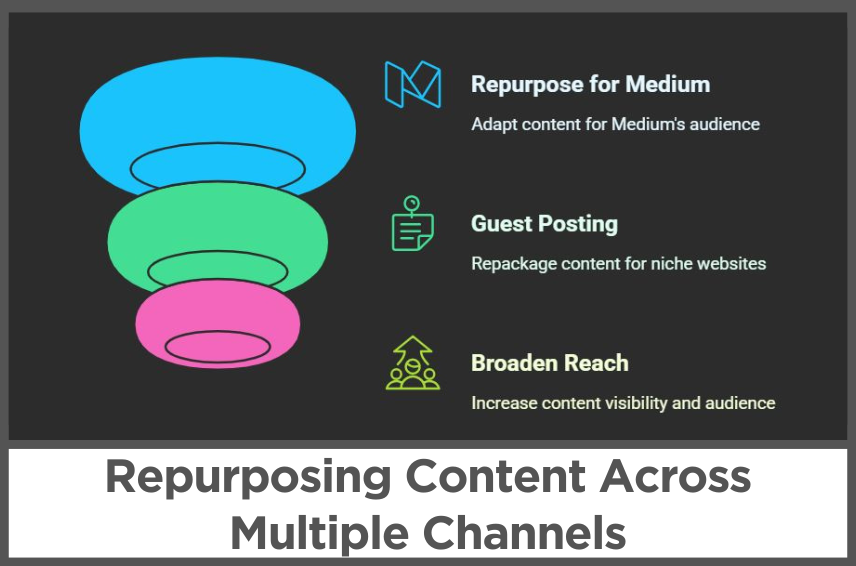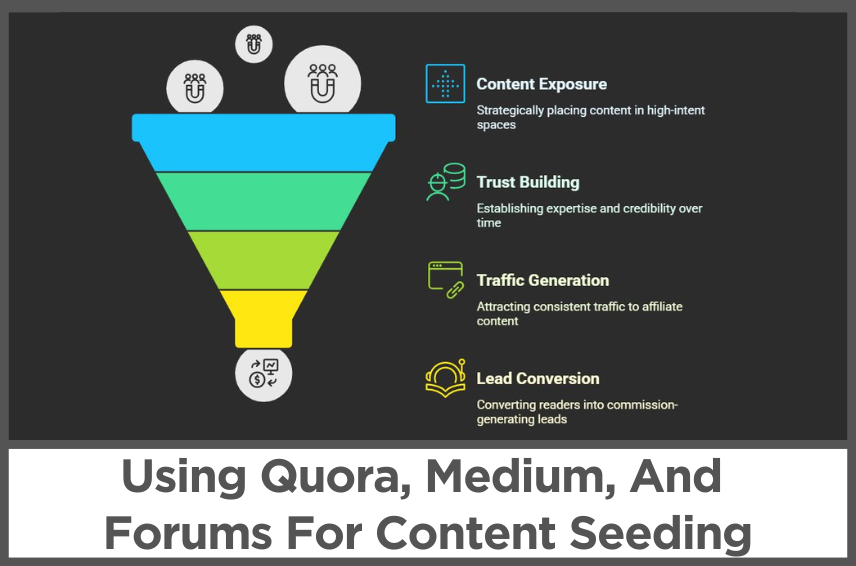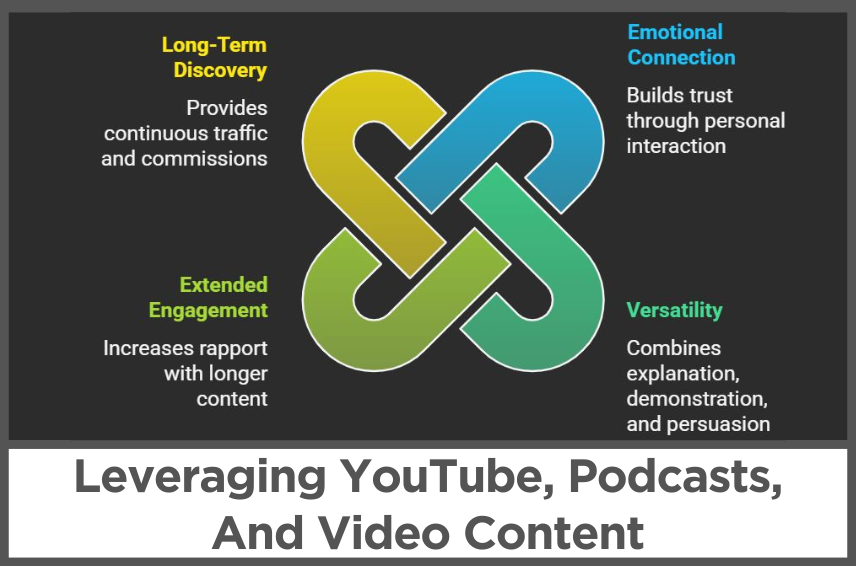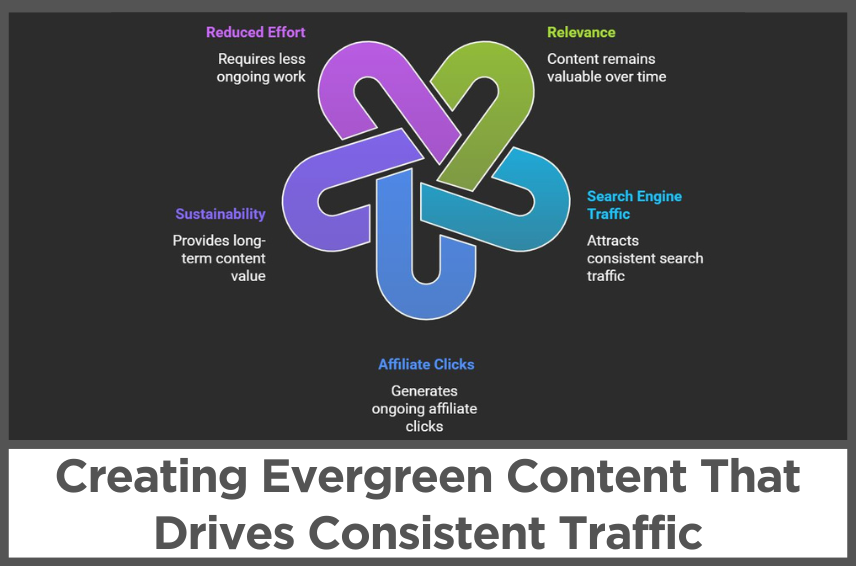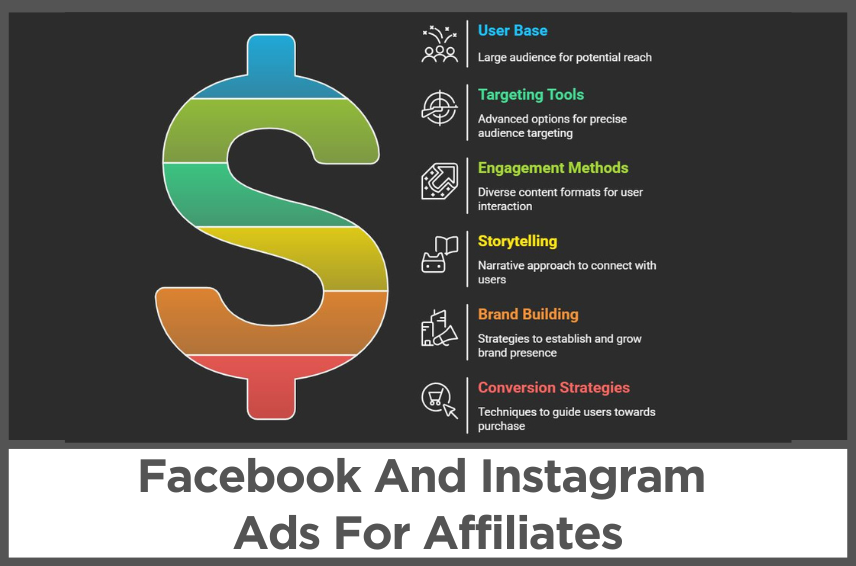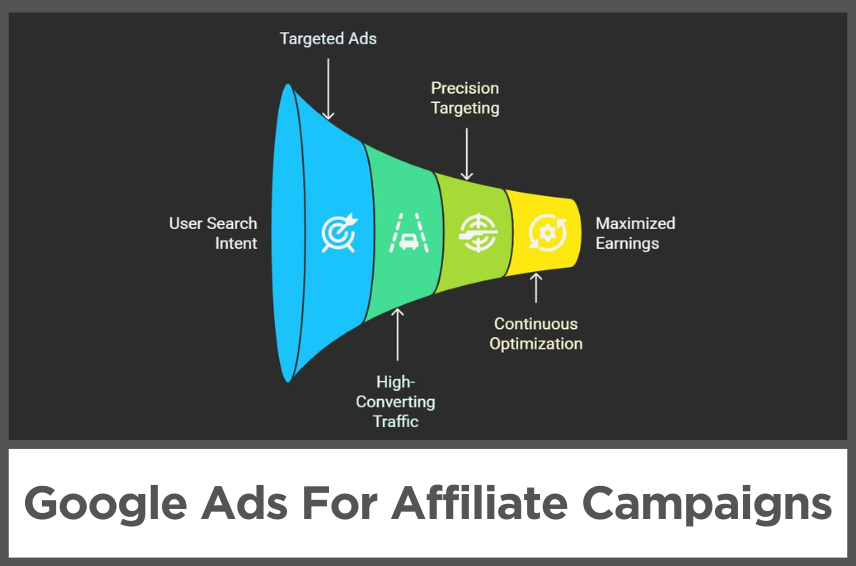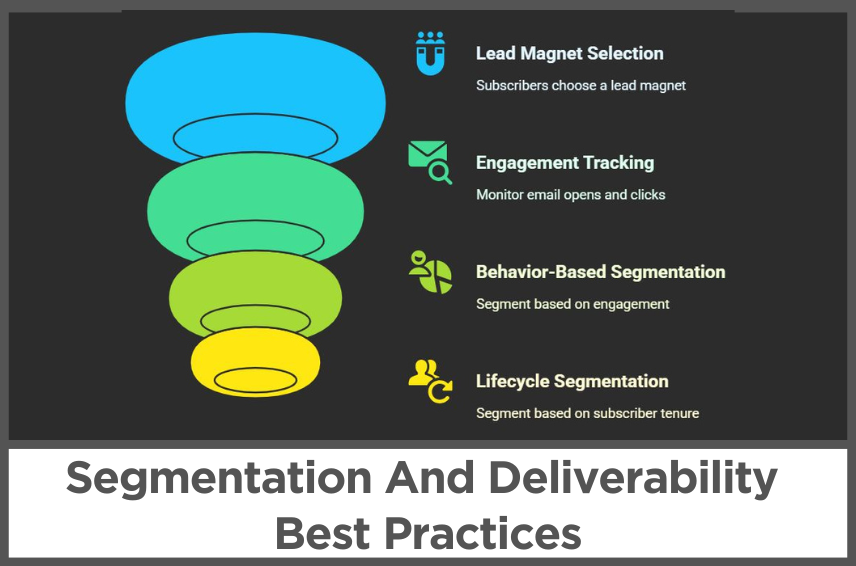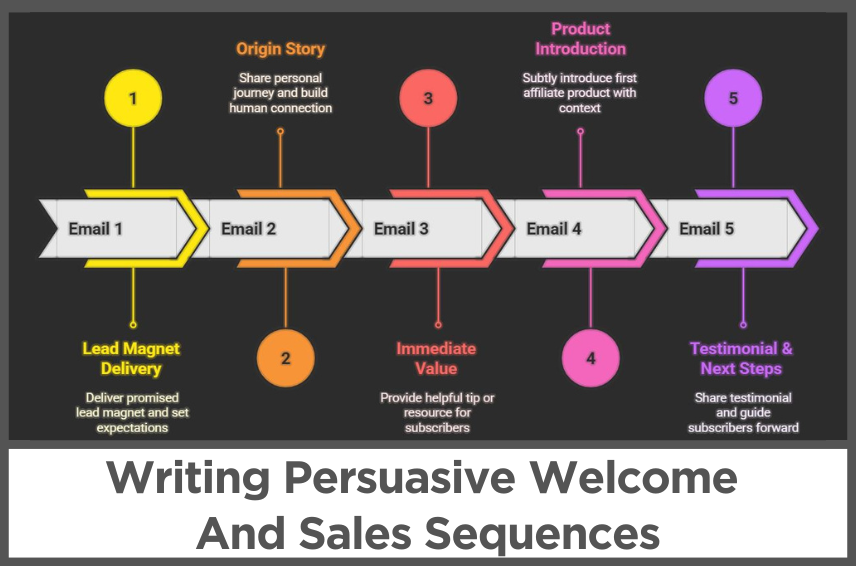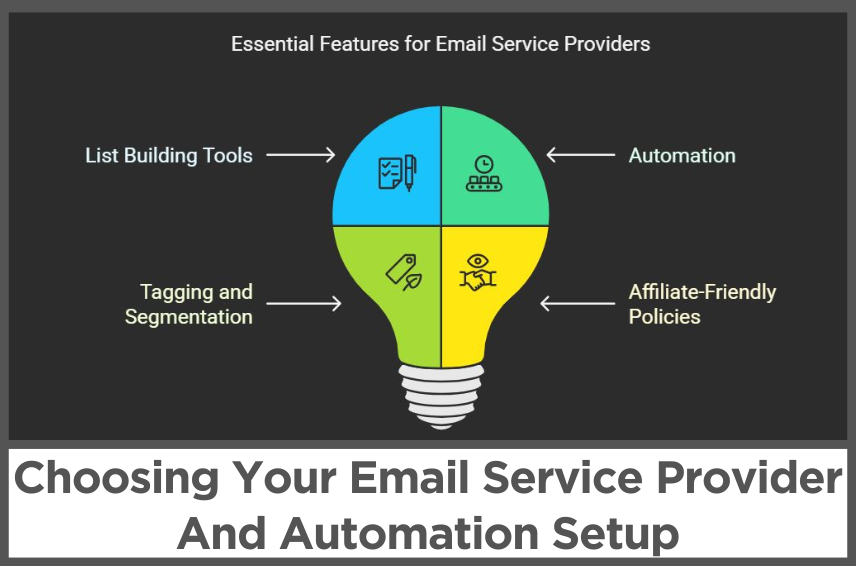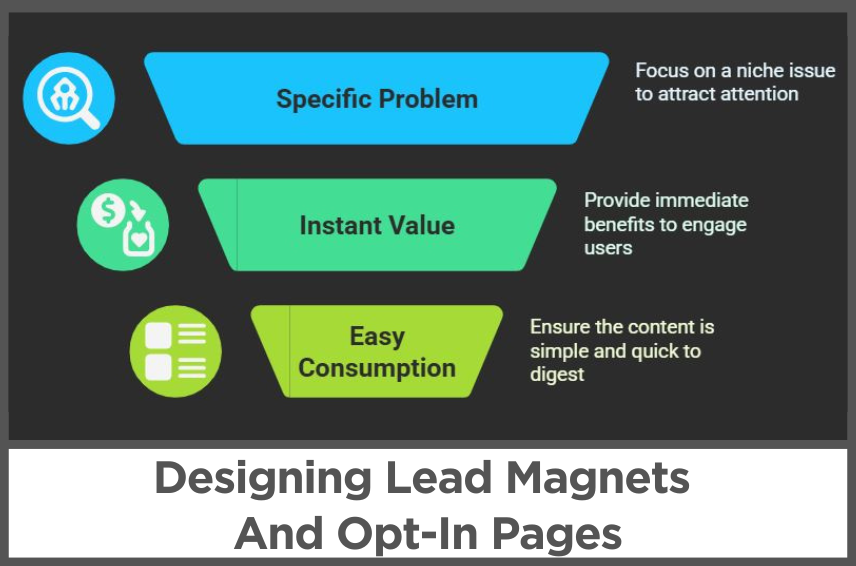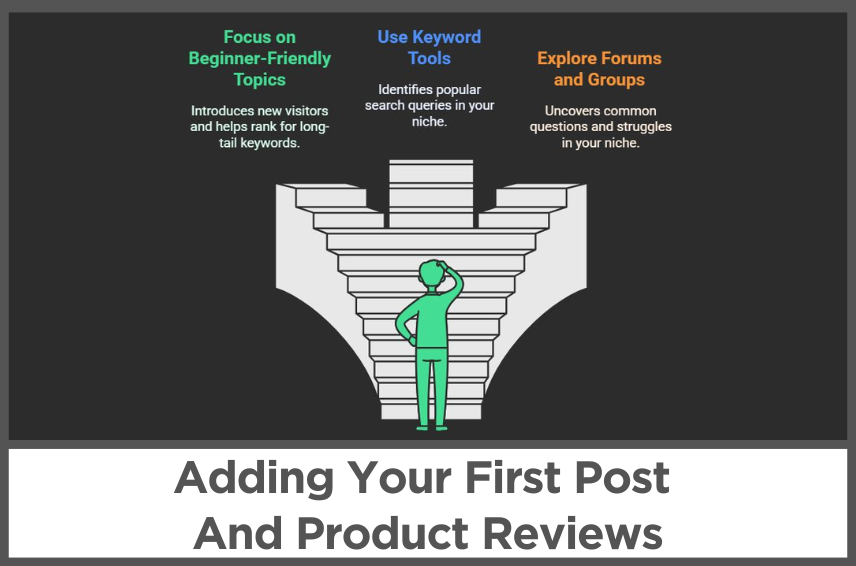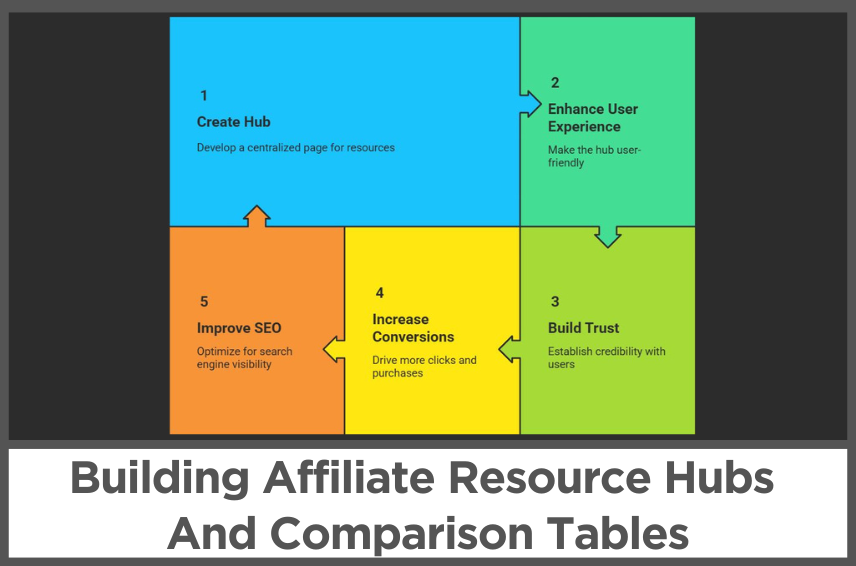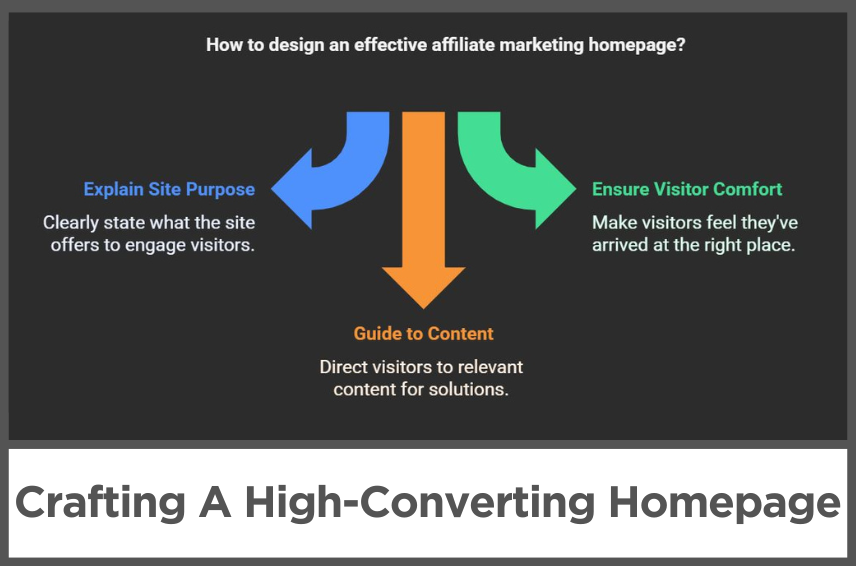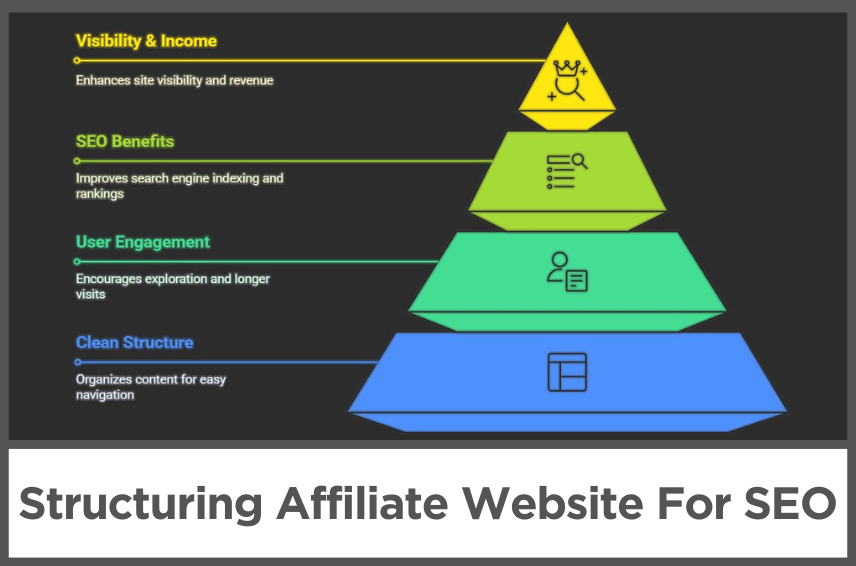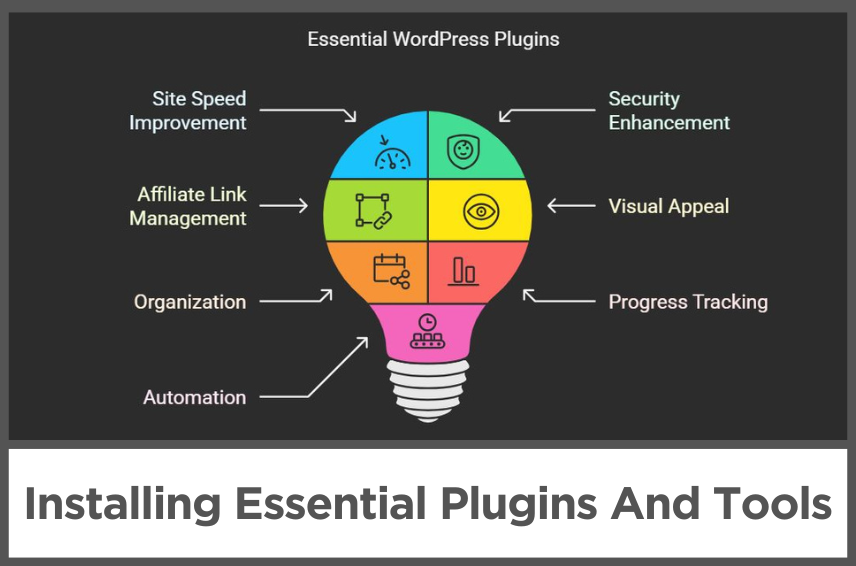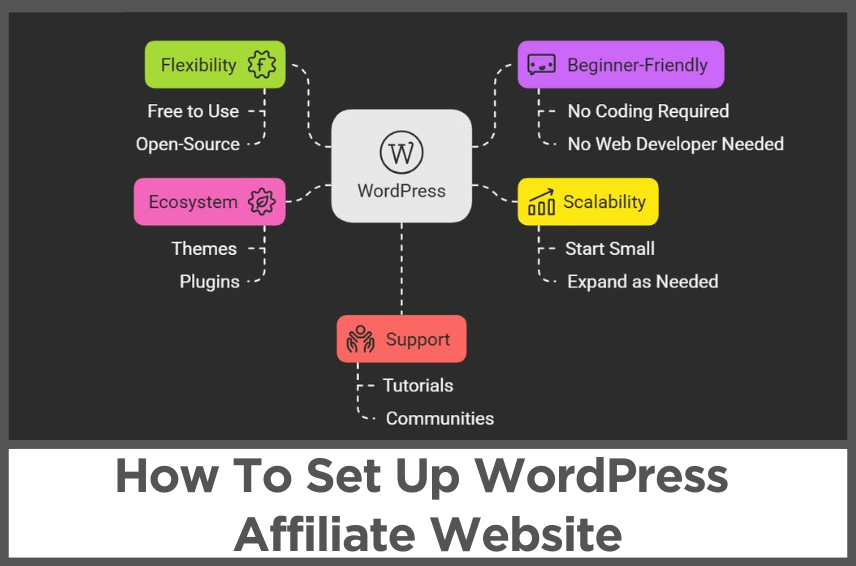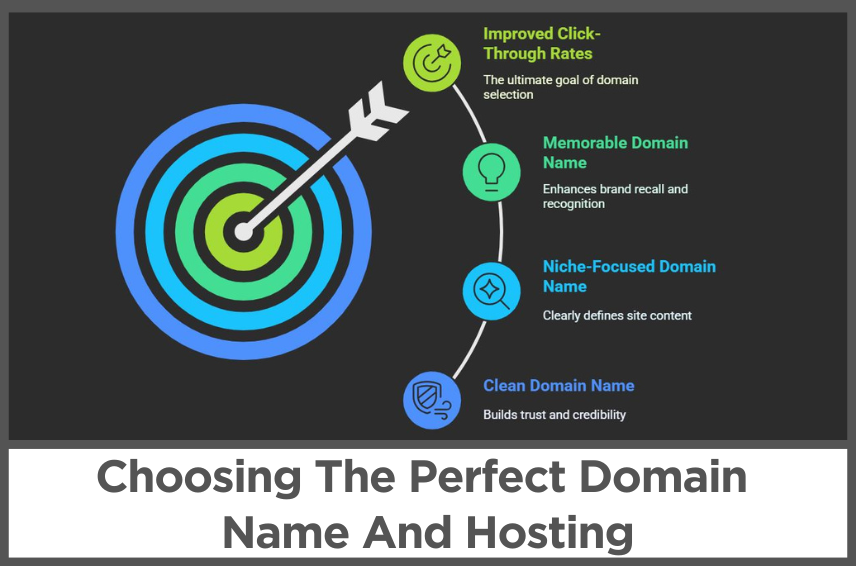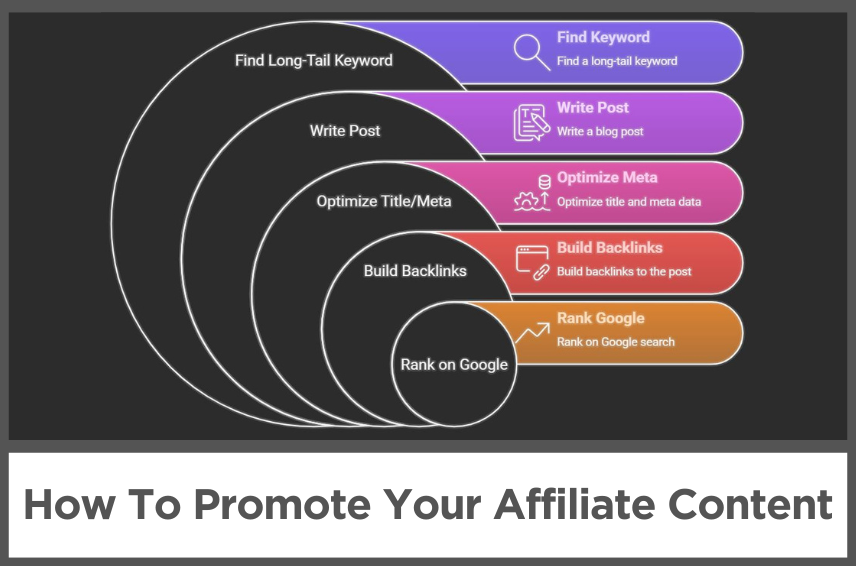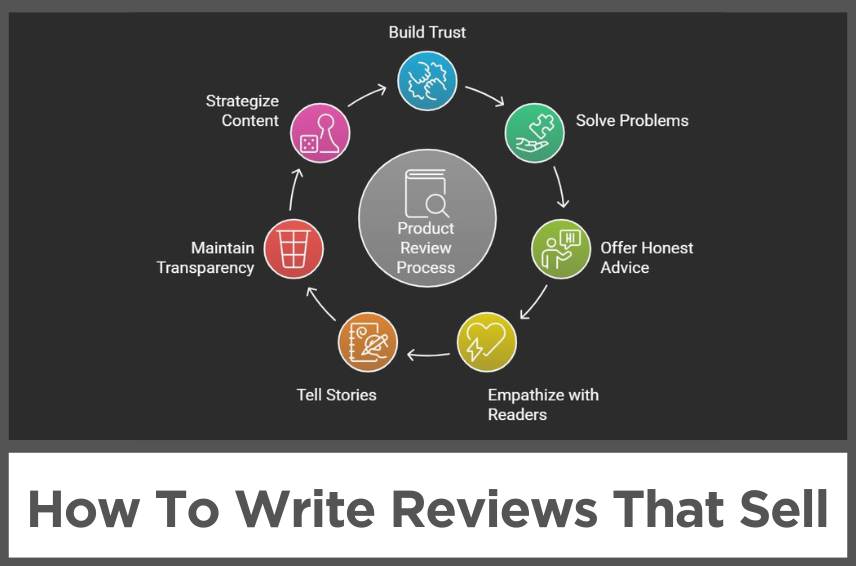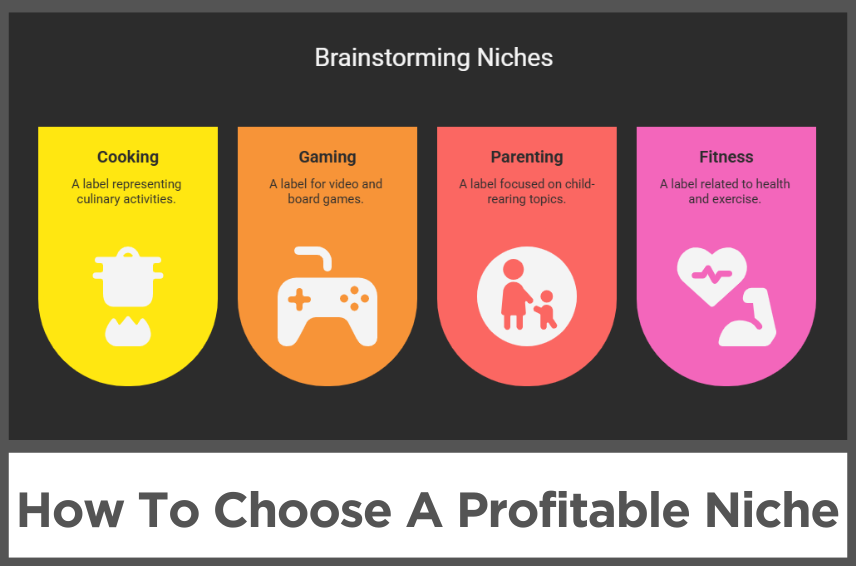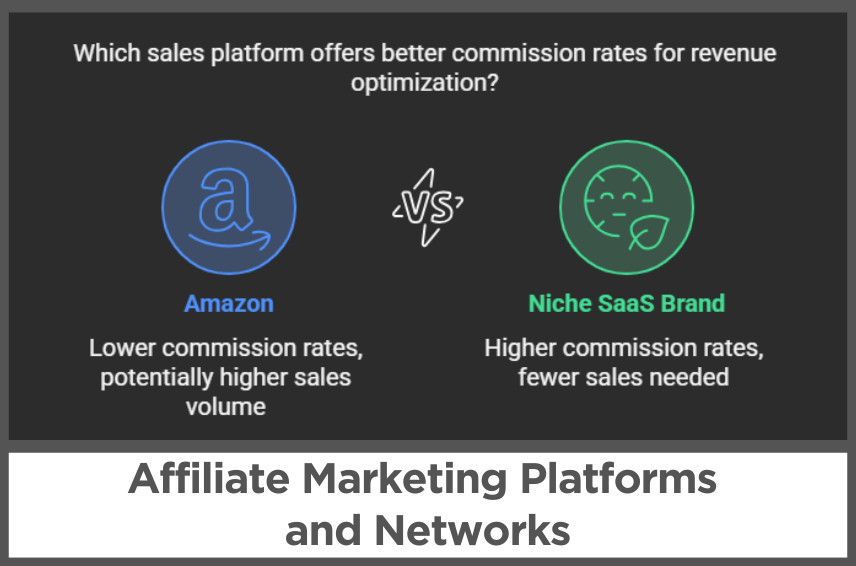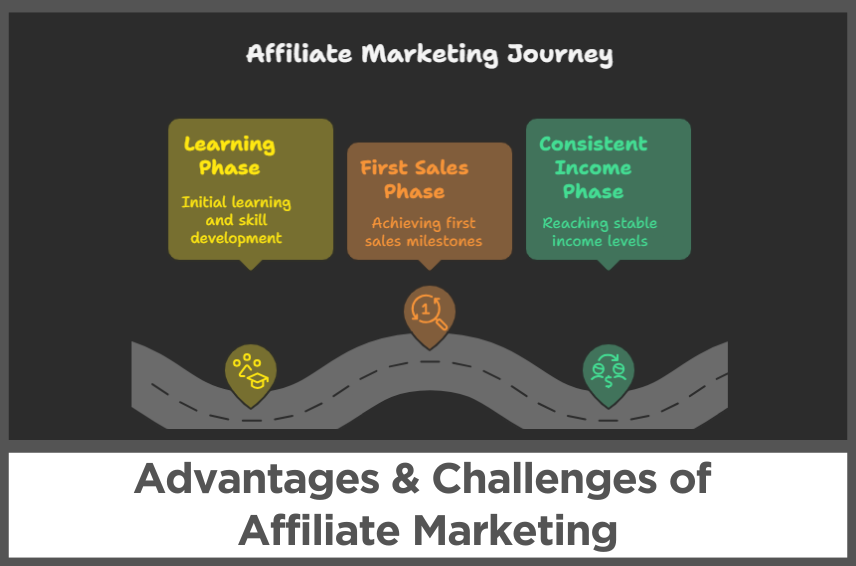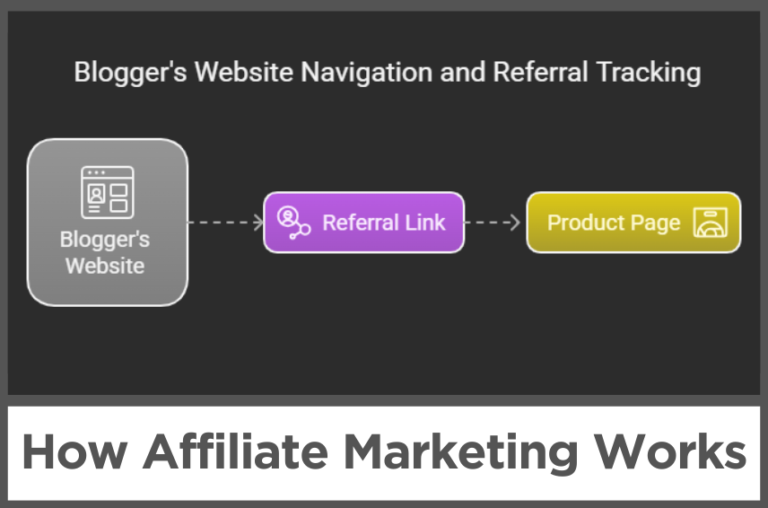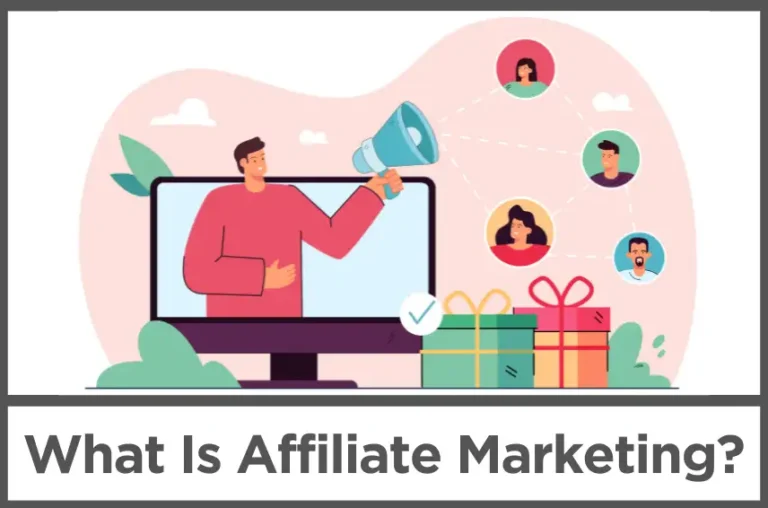M4.C2: Creating Trust-Building Pages For Affiliate Sites
by Abhigyan
In affiliate marketing, trust is the currency that fuels your success.
No matter how polished your homepage looks or how compelling your content is, visitors won’t click your affiliate links—or buy through them—if they don’t feel like they can trust you.
This is where trust-building pages come into play. Your About page, Contact page, and legal disclaimers aren’t just filler content.
They serve a crucial role in shaping how your visitors see you and whether they’ll choose to follow your advice or take their business elsewhere.
This chapter is all about creating these foundational pages in a way that supports your goals, builds confidence with your readers, and meets the standards of transparency and professionalism.
We’ll guide you through each one step by step, helping you turn simple pages into trust magnets for your affiliate site.
Disclosure: Some of the links I share might be affiliate links. If you click on one and make a purchase, I may earn a small commission as a thank you. But don’t worry, it won’t cost you anything extra. I only recommend stuff I genuinely believe in. Your support helps me keep creating awesome content. You can read my full affiliate disclosure in my disclaimer page.
IN THIS POST :
ToggleWhy Trust Pages Are Crucial for Affiliate Success
When someone lands on your affiliate website, they’re often skeptical.
It’s a natural response in today’s digital world, where scams and misleading sites are far too common.
People are cautious about where they get information, especially when money is involved.
They want to know that the person behind the content is real, honest, and genuinely interested in helping—not just pushing products for a quick commission.
That’s why trust pages are so important. They work quietly in the background to establish credibility.
They show that you’re not hiding behind anonymity and that you respect your audience enough to be transparent.
These pages also send important signals to search engines. Google favors websites that demonstrate E-E-A-T—Experience, Expertise, Authoritativeness, and Trustworthiness.
Pages like About, Contact, and Disclaimers help fulfill this requirement and improve your overall SEO strength.
A well-crafted About page shares your journey and passion, showing visitors that you’re knowledgeable and relatable.
A Contact page reassures them that you’re accessible. Legal pages like disclaimers and disclosures prove that you operate with integrity and comply with affiliate marketing rules.
Together, these elements create an environment where your readers feel safe, and when people feel safe, they’re much more likely to convert.
Crafting An Authentic About Page
Your About page is often one of the most visited on any affiliate site, especially if your content resonates with readers. People are curious.
They want to know who’s behind the words. This is your chance to connect with them on a personal level, share your mission, and explain why your recommendations matter.
Start by telling your story—but keep it relevant to your niche and your audience’s needs.
If your site is about pet supplies, maybe you’re a lifelong dog owner who struggled to find good products online.
If it’s about fitness gear, maybe you lost weight working out from home and now help others do the same.
The key is to position your personal experience as part of the solution you offer through your content.
Your About page isn’t a résumé or a life story. It should be focused, friendly, and written like you’re having a casual chat with your readers.
Mention what they can expect from your website, how you choose which products to review, and what makes your approach different.
This builds trust and helps visitors see you as someone who genuinely cares about helping—not just selling.
You don’t have to be an expert in the traditional sense. Authenticity matters more.
Even if you’re just learning alongside your readers, being honest about your journey can be incredibly powerful.
People relate to real stories far more than corporate jargon or overly polished bios.
Creating A Simple Yet Effective Contact Page
Many affiliate marketers overlook the Contact page, treating it as a minor afterthought.
But the truth is, having an easy-to-find and functional contact page adds a significant layer of trust to your website.
It shows that you’re not hiding behind a faceless brand and that you’re open to hearing from your audience.
Your Contact page doesn’t need to be elaborate. It can be as simple as a sentence inviting people to get in touch, followed by a contact form.
Some people also include a support email or even links to social media profiles where they’re active.
The goal is to provide at least one reliable way for visitors to reach you.
Keep the tone friendly and welcoming. Let readers know that you’re happy to receive questions, feedback, or even just a hello.
This human touch goes a long way in making your site feel approachable.
If you use a contact form plugin, make sure it works and doesn’t require too many fields—people are less likely to fill out a form that feels like a chore.
For affiliates who plan to work with brands in the future, a Contact page also creates a natural entry point for partnership opportunities.
It’s a simple page, but it can open up big doors both with your audience and potential collaborators.
Writing Legal Pages That Protect You
Legal pages may sound boring, but they’re essential for every affiliate website. Not only do they protect you legally, but they also boost your credibility.
These pages include your affiliate disclaimer, privacy policy, and terms of use or terms and conditions.
You don’t have to be a lawyer to create them, and you don’t need to write them from scratch either.
There are online tools that can generate boilerplate templates that you can customize.
The most important legal page for an affiliate site is the affiliate disclaimer.
This is where you clearly inform your readers that you earn a commission when they buy products through your links.
It’s not just about transparency—it’s also required by many affiliate programs and by law in several countries.
The Federal Trade Commission (FTC) in the U.S., for example, mandates clear and conspicuous disclosures.
Your privacy policy explains how your website collects, uses, and protects user data.
Even if you don’t collect much data, you still need a basic privacy policy—especially if you use analytics tools, cookies, or email forms.
A terms and conditions page is optional but can help you set expectations for site usage and limit liability.
You can use free or paid policy generators to create these pages quickly. Just make sure to customize the content so it matches your site and tone.
You should also make the pages easy to find—placing links in your footer or menu is a common and accepted practice.
Don’t tuck them away in a hidden corner. Being upfront with your policies shows professionalism and builds trust.
Placement & Navigation: Where To Put These Pages
Creating great trust pages is only half the job. The other half is making sure your visitors can easily find them.
You don’t need to plaster them front and center on your homepage, but they should be clearly accessible from any page of your site.
The most common place to link these pages is in your site’s footer. Visitors often look there when they want to learn more about who you are or how to contact you.
You might also include your About or Contact page in your main navigation menu, especially if your site is still small and doesn’t have too many competing links.
Avoid burying these pages under several layers of navigation. If a reader wants to learn more about you or read your disclosure, it should only take one click to get there.
This ease of access also helps with SEO. Google likes to see that your site has clear, discoverable trust signals.
It helps you appear more legitimate and user-friendly in the eyes of search engines.
As your site grows, you might want to link to your About page from your blog posts or your author bio.
This gives new readers a chance to learn more about you without disrupting their reading flow.
The key is to make your trust pages feel like an integral part of your site—not an afterthought.
Common Mistakes To Avoid In Trust Pages
There are a few common mistakes that new affiliate marketers make with their trust pages.
One of the biggest is using generic, cookie-cutter templates without any personalization.
While templates are a great starting point, it’s important to go in and tailor the language to suit your voice and brand.
If your entire site is written in a warm, conversational tone, but your About page reads like a legal document, it will feel off-putting to your audience.
Another mistake is hiding or neglecting these pages altogether.
Some beginners assume no one reads them, so they don’t bother creating them—or they bury the links so deep that no one can find them.
This hurts both trust and SEO. Make these pages easy to find and make sure they’re always up to date.
Also, avoid using too much technical or legal jargon in your disclaimers or privacy policy.
Yes, you want to cover your legal bases, but you also want your readers to understand what they’re agreeing to.
When in doubt, aim for clarity over complexity.
Lastly, don’t ignore the visual presentation. Even though these pages are more functional than flashy, they should still look clean and professional.
Break up long paragraphs, use headings, and keep formatting consistent with the rest of your site.
What’s Next?
With your trust-building pages in place, your affiliate site is now more credible and user-friendly.
In the next chapter, we’ll dive into how to organize and present your affiliate content more strategically by creating dedicated resource hubs and visually appealing comparison tables.
These tools will help your readers find what they’re looking for faster, while improving engagement and boost conversion rates.
Get ready to learn how to turn simple product listings into powerful affiliate assets!
Next Chapter:
Previous Chapter:
Abhigyan Mahanta
Hi! I’m Abhigyan, a remote web developer and an affiliate blogger. I create beginner-friendly guides to help new affiliates get started and grow in affiliate marketing. I also share information on remote companies and interview preparation tips.

